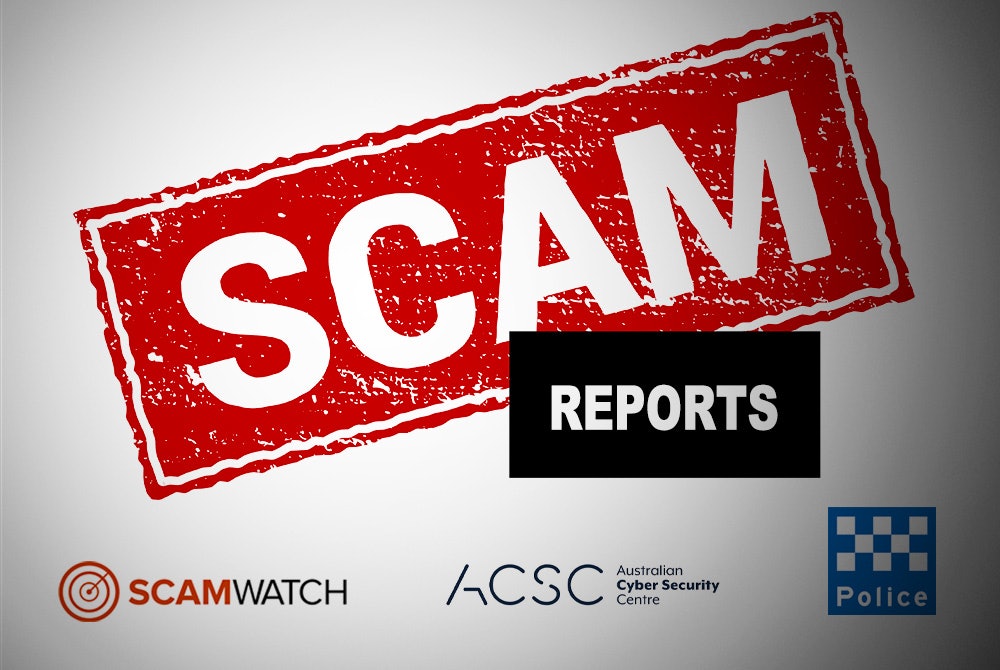
How To Avoid Getting Scammed
AlexJones
- 0
- 466
“Phishing” is a high-tech report scam that uses spam or pop-up messages to deceive you into disclosing your credit card numbers, bank account information, Social Security number, passwords, or other sensitive information.”Use your home PC to make money fast in your spare time!”Best Buy and Bank of America among others.If you get spam that is phishing for information, forward.
Phishers send an e-mail or pop-up message that claims to be from a business or organization that you deal with–for example, your Internet service provider (ISP), bank, online payment service, or even a government agency. The message usually says that you need to “update” or “validate” your account information. Recent phishing victims include Yahoo, Citibank, eBay,
In this classic scam, you’re asked to send a small amount of money (usually $5.00) to each of several names on a list, and then forward the letter including your name at the top of the list, via bulk e-mail. Many of these letters claim to be legal. They even include a section of the U.S. Postal Code on illegal schemes. Don’t be fooled. They are not legal. And if you participate, not only will you be breaking the law, you’ll lose your money as well.
These scams tempt victims with ads stating “no experience necessary,” promise high earnings and claim to have inside information. The scammers usually require victims to pay anywhere from $35 to several hundred dollars or more for information, kits or materials that do not provide the promised results. Frequently, these schemes involve making handicrafts, stuffing envelopes, medical billing, or state,
In the craft making or envelope stuffing scam, after paying fees and completing the assembly of the products, victims are told their work is low quality and unworthy of compensation.Medical billing scams require victims to purchase supplies and lists of doctors who, inevitably don’t exist or are not interested in the service.
These solicitations offer to sell you bulk e-mail addresses (spam software) or services to send spam on your behalf. Example: “Reach 100 million websites, $39.95”! The software is usually of poor quality. It’s spam and a scam. Don’t do it. These schemes typically offer high-value items, such as Cartier watches, Beanie Babies and computers, in hopes of attracting many consumers. What happens is the victim wins the bid, sends the money and receives nothing or receives products of much lower quality than advertised.

